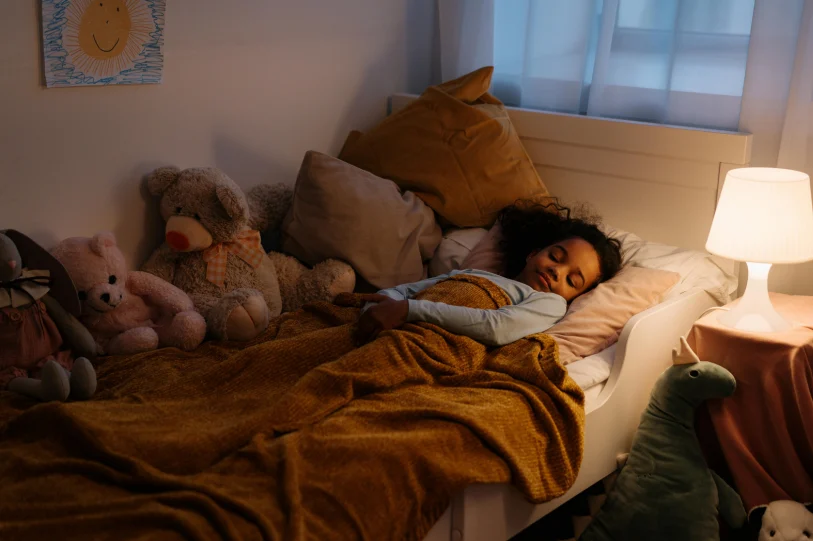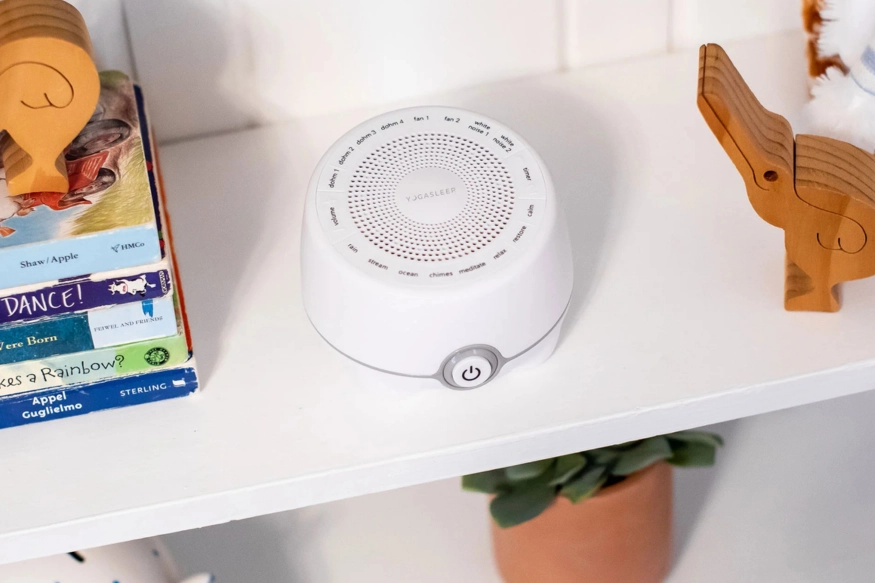What is Delayed Sleep-Wake Phase Syndrome?
Delayed Sleep-Wake Phase Syndrome (DSWPS) is a sleep disorder that affects the time you might naturally feel the need to go to sleep. This circadian rhythm disorder often results in difficulty falling asleep at a “normal” bedtime and difficulty waking up at a “normal” time in the morning.
Though it is most common in teenagers, it can affect people of any age.
DSPS is not, however, the same as being a night owl. You might find that you are able to stay up late to do homework or go out with friends and therefore might also wake up later than usual.
But, when it’s time to follow a normal routine again, you’re able to adjust your sleep schedule to suit.
If you suffer from Delayed Sleep Phase Syndrome, you don’t try to stay up late. Instead, your internal clock delays sleep even if you’re tired. It may be difficult to adjust your body clock, which makes it difficult to sleep and wake up at normal times.
Symptoms of DSWPS
People with Delayed Sleep Phase Syndrome may have trouble maintaining regular sleep patterns, leading to disruption of their daily activities. It can lead to problems at school, work or social activities, as your internal body clock might be set later than most.
Other than not being able to fall asleep and wake up at “regular” hours, DSWPS can lead to daytime sleepiness, fatigue, and difficulty concentrating. Symptoms of DSWPS include:
-
Excessive Sleepiness: You may struggle to stay awake during the day or need multiple naps throughout.
-
Difficulty Concentrating: A lack of sleep may mean you struggle to stay focused. You might also struggle to remember content you are learning in school, for example.
-
Difficulty Doing Day-to-Day Tasks: Your judgment could be impaired, leading to difficulty in making choices.
-
Abuse of Alcohol or Sleep Aids: People with DSPD are at risk for misusing sleep aids, stimulants, or alcohol to fall asleep or stay awake.
It’s also interesting to note ate DSWPS is not normally accompanied by other sleep problems, like sleep apnea.

Causes of Delayed Sleep-Wake Phase Syndrome
There are a few common causes of circadian rhythm sleep disorders, including:
-
Bad sleeping habits, including excessive light exposure at night and lack of light exposure in the morning.
-
Being confined to bed for an extended period of time (through injury or illness possibly)
-
Psychological and neurological disorders including depression, anxiety, ADHD and OCD.
-
Jet lag
-
Damage to the brain, such as from injury, stroke, or degenerative disease
How Can Delayed Sleep-Wake Phase Syndrome be Treated?
Treatment for DSWPS can include both lifestyle changes such as avoiding late-night activities and exposure and bright light in the evening, as well as medications that help reset the body’s internal clock
The goal of treating DSWPS is to naturally align your circadian rhythm. You can do this by:
-
Improving your sleep environment
-
Utilising exercise and light exposure during the day
-
Developing a relaxing bedtime routine
-
Avoiding all devices with light (such as cell phones, video game consoles, and TVs) in the hours before bedtime (or using a screen protector)
-
Getting out of bed if you cannot fall asleep after 20 minutes
-
Taking melatonin or other supplements to help with your sleep.
In addition to improving sleep hygiene, bright light therapy is a treatment option you might want to consider. Research shows that bright light exposure in the first one or two hours of the morning advances your circadian rhythm. Then, you should fall asleep earlier and wake up earlier.
How You Can Take Control and Manage Your Delayed Sleep-Wake Phase Syndrome
If making the changes above doesn’t seem to be working for you, don’t underestimate the importance of talking to a sleep professional to help get your circadian rhythm back on track.
I offer a completely free consultation to see whether we are a good fit for working together. Whether you are having sleep issues yourself, or your child is struggling, you can book a call here.
Sweet Dreams x




